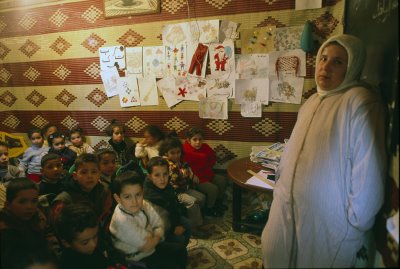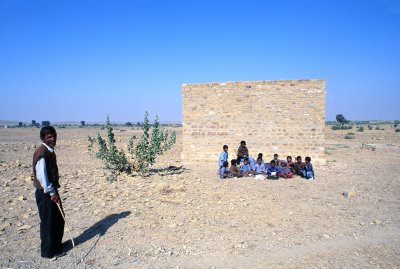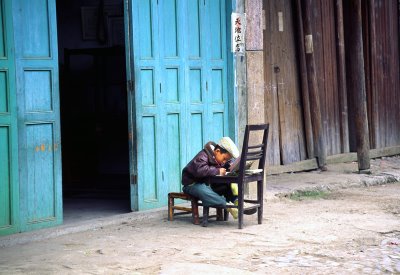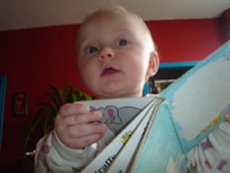Here are some resources that might be useful to the English teacher on the go. All comments are my own.
Teachers and Writers Collaborative Quite simply the best organization for resources for teaching imaginative writing to K-12 students. While the major focus of T&W is putting poets in schools they have also published over 60 books on all aspects of teaching writing. The website offers lesson plans, interviews, book reviews and the opportunity to join writenet; an international, online community of over 800 language arts teachers. The site is well organized and easy to navigate.
SB&F (Science Books & Films)
Published bimonthly, six times a year by the American Association for the Advancement of Science. This is a good guide to what kinds of resources are being produced in the world of science. It has a Features section with Best Books, Best Films and Best Software. The regular sections cover other trends and areas. For someone without a background in science this journal is valuable as its contributors are experts in the field. This is especially valuable when building a library of information books.
Published bimonthly. This is a well laid out journal about the size of The Downhomer. Special issues cover particular areas of children’s literature so the back issues may be worth checking out if you have a particular interest. The latest issue is about the graphic novel so that tells me that they are current and believe that all literature is worth a critical going over. Organizationally, the large Review section compliments Columns and Features sections.
Canadian Children’s Book News Published quarterly by the Canadian Children’s Book Centre. Janet McNaughton is on the Board of Directors and that’s cool. The largest section is We Recommend. This is good for keeping abreast of what’s going on in Canadian children’s letters.
Children’s Technology Review Published quarterly. As a Tech Ed teacher I will become the defaultsoftware ‘recommender’ if I ever get to work in a school. What makes this journal valuable is the reviews from the students who test the software and hardware. I found the language very accessible and not too jargon heavy. It is also nice that free back-issues are available for the cost of shipping.
Appraisal: Science Books for Young People (wonky link)
This is a great journal that Wade from our class turned me onto. It is published quarterly by The Children’s Science Book Review Committee. What makes this journal unique and valuable is, what one might call, a parallel reviewing procedure. Every book is reviewed by a Librarian and a Specialist. The former evaluates the language and format of the book while the latter evaluates the science.
The ALAN Review
The Alan Review is published three times a year by The Assembly on Literature for Adolescents. It is a peer reviewed journal that covers every aspect of teaching literature to young adults. The website is a cluttered mess but the articles are archived and searchable, so there is some value to it.
Canadian Children’s Literature
This biannual journal is written for and by academics. I read a twenty page editorial about the future of theory in the field of literature for children. This is for teachers who miss graduate school. But, if you, like me, see literature as a social phenomenon then some of the stuff here may be of interest. You may find an article about the Disneyfication of children’s literature called “Hegemony Cricket”, but probably not.
Book Links: Connecting Books, Libraries, and Classrooms This monthly magazine lists the grade level that the particular articles are intended for below each title. This is a great organizational feature. The magazine has a wide variety of very practical material which would be valuable to teachers, parents and librarians. The generalist nature of Book Links makes it good value for the price as it has many audiences.
youngpoets.ca
This website is maintained the League of Canadian Poets. There are two sections; one for teachers and one for students. There are a lot of resources and ideas for teaching poetry to your students. The archive of sound files is quite well organized too. The digital history of Canadian verse is the most concise and inclusive I’ve ever seen.







